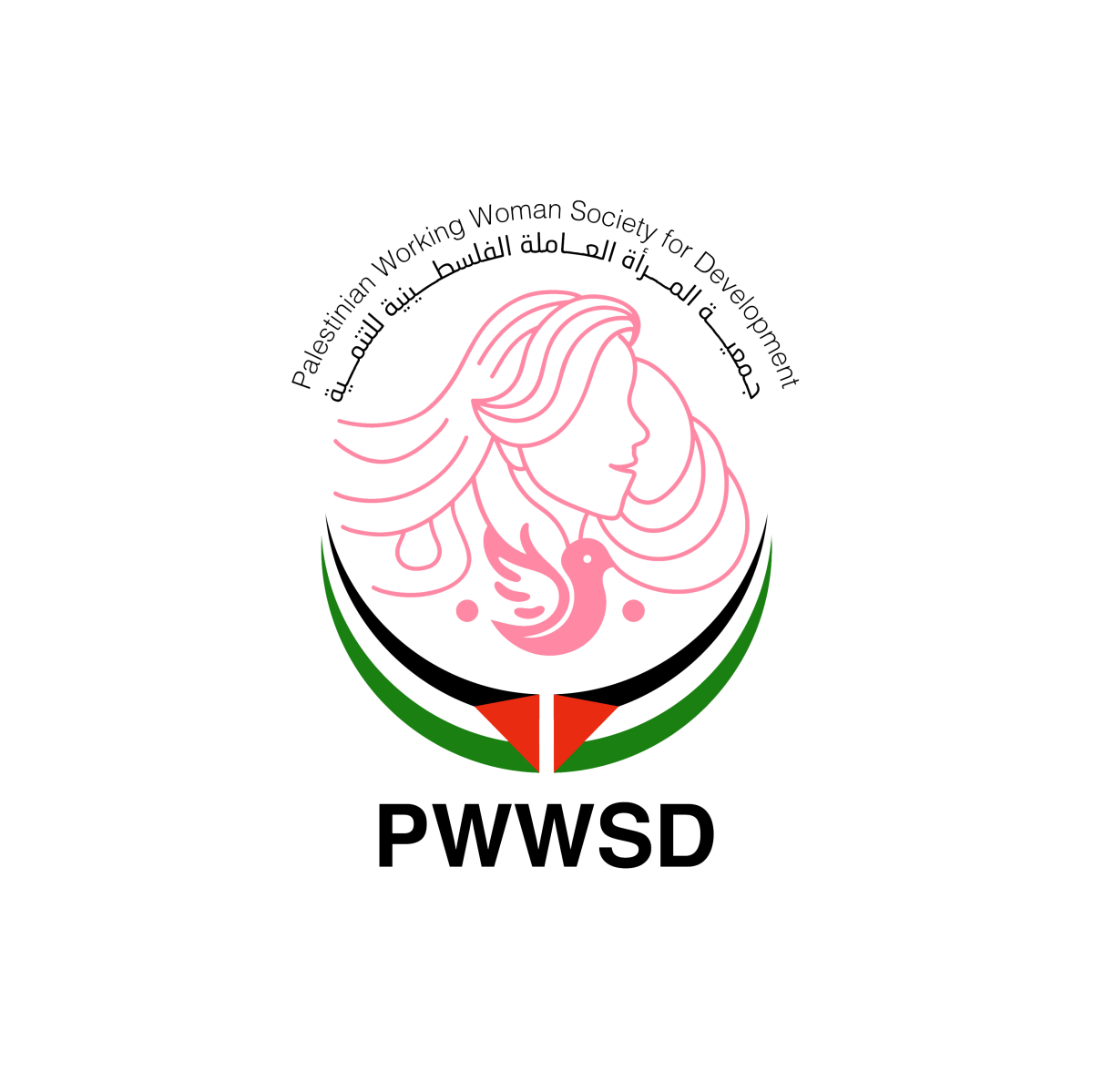PWWSD Engages in Regional Efforts to Strengthen Women's Role in Peace and Security
Ramallah, Palestine – June 7, 2024
The Palestinian Working Woman Society for Development (PWWSD) proudly announces its active participation in the newly formed Women, Peace, and Security (WPS) Working Group for the Arab States. This significant initiative, launched at a meeting hosted by the Swedish Dialogue Institute for the Middle East and North Africa aims to enhance the implementation of the WPS agenda across the region. As we approach the 25th anniversary of the landmark WPS agenda in 2025, this working group will address existing gaps, overcome challenges, and advocate for women’s voices in peace and security policymaking at all levels.
The WPS Working Group brings together a diverse array of stakeholders, including WPS practitioners, policy experts, academics, private sector representatives, and peacebuilders. This collaborative effort, led by the WPS Regional Hub at the Issam Fares Institute for Public Policy and International Affairs at the American University of Beirut, alongside UN Women and other notable partners, seeks to foster a more inclusive and equitable environment for women in the Arab region. Through this engagement, PWWSD reaffirms its commitment to advancing gender equality and empowering women as key agents of peace and security, particularly in contexts marked by conflict and political instability. We look forward to contributing to and benefiting from this regional advocacy work, ensuring that women's rights and contributions to peace are recognized and valued.
PWWSD believes that Without an end to the war, holding Israel accountable, and making the Women, Peace, and Security (WPS) agenda truly inclusive and applicable to Palestinian women within the context of occupation, these efforts and responses alone cannot bring about significant change. Real progress demands accountability and a sincere effort to integrate the experiences and needs of Palestinian women into the WPS agenda, guaranteeing their protection, participation, relief, and aid. Only then can we establish a foundation to empower them and pave the way for lasting peace and security in the region.






